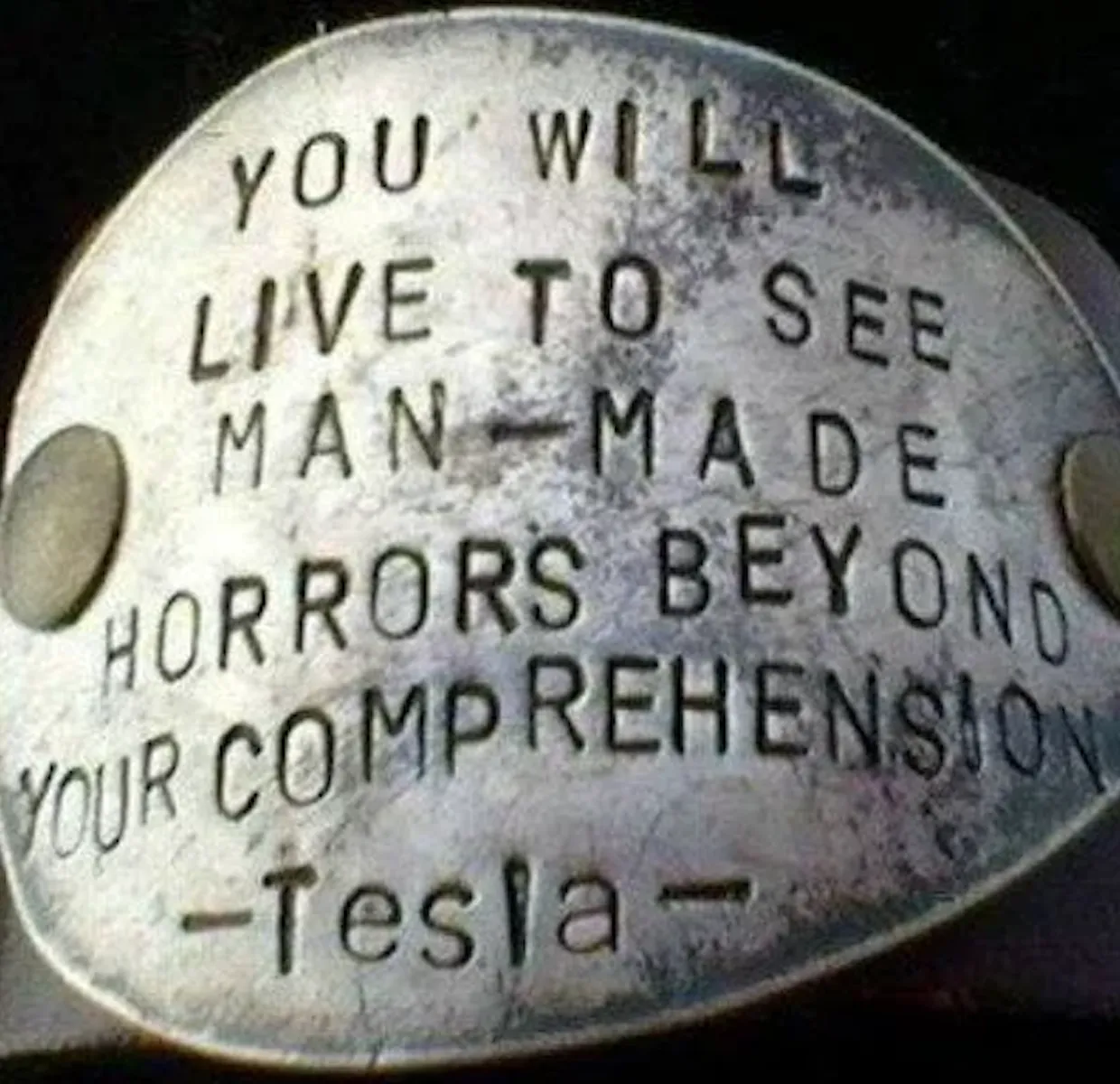It Shouldn't Be Done
The Film
They Say It Can't Be Done is a film detailing the "wonders" that can be brought about by entrepreneurial activity and innovation, or so it seems at the outset. The audience is presented with a variety of popular political problems, such as world hunger, organ shortages, oceanic destruction, and climate change. Each of these problems have an already-existing solution brought about by inventors, innovators, and entrepreneurs, so the film would have us believe. If we have great solutions to these problems, the films asks, then why on earth haven't they been adopted?
"Well-Intentioned" Regulations
The film presents a convincing reason for why these solutions have not been adopted. The state, in its therapeutic, short-sighted "wisdom" has seen fit to restrict these products for our own good. The film, rather malignantly, passes these regulations off as having good intentions. This becomes a theme throughout the film to the point that the audience is told that both the innovators and regulators are working towards the same future. In my opposition to both the "innovators" and the regulators, I have to concur.

Two Sides of the Same Coin
My assertion is that the "innovators" and regulators are both social engineers intent on reshaping the general population and its culture and traditions through largely hidden means. The regulators have been seeking, in their overall strategy, to optimize the population toward their ends. In fact, they have been doing this via central planning for decades, trying to cut down carbon output and reform demography by making people intolerant to meat, reducing population sizes, abolishing borders and therefore property, and by cutting down on the Western population. It should be obvious that "saving the climate" is not the main goal here, but regardless, these actions are being taken. Our "innovators," in contrast to the regulators, are reaching toward the same goals, but through more implicit, less commanding means.
ESG and Subsidies
Let us take an example from the film, GOOD Meat. GOOD Meat also wants to cut down on the "issue" of meat consumption. In this case, GOOD Meat seeks to grow meat from the petri dish, trying to eliminate the farming aspect of meat production. Despite nutritional issues with consuming meat that does not follow the natural developmental pattern and composition of fibers, blood vessels, muscle, and fat, there is a specter behind the mask of GOOD Meat: ESG.
ESG, an evaluation of companies by rating their environmental, social, and governance impact, is being promulgated almost entirely by investors and companies so heavily propped up and subsidized by the state that a distinction between them and the state no longer exists. To simplify, those hegemonically pushing ESG are de facto arms of the state. These "private" solutions like petri dish meat simply would not exist without this state subversion of the market. In economic terms, these "private" solutions are distortions and malinvestment, as they are a direct result of state action and would not exist in the market were it not for the artificially beneficial monetary and financial environment created by the state.
Man-Made Horrors Beyond Comprehension
These distortions, be they by central planning or indirect interference, have terrifying moral ramifications. Natural Law as a system of justice and morality is often discarded in modern times for conflicting with the predominant moral philosophy of relativism. But let us consult the past for a moment. If we accept growing parts of humans, there is no moral barrier preventing us from growing full humans. This directly contravenes the natural purpose and need for childbearing and familial development. Much like the proliferation of birth control, growing humans in labs makes having a family a choice, completely confounding Natural Law.
Conclusion
While the film presents us a choice between the current system of regulations and a "free market" system that seeks to take us to the same technocratic end, both of these are state-sponsored methods of social engineering and must be rejected. The moral ramifications are uncounted save through a shaky lens of utilitarianism that supposes that the end state and the means bring about more overall good. Being as I and millions of others find this end state and the means to be horrid, the whole thing should simply be opposed. What we should instead be striving for is the destruction of the modern state and its various arms that bring about this morally abhorrent social engineering in pursuit of our demise.
